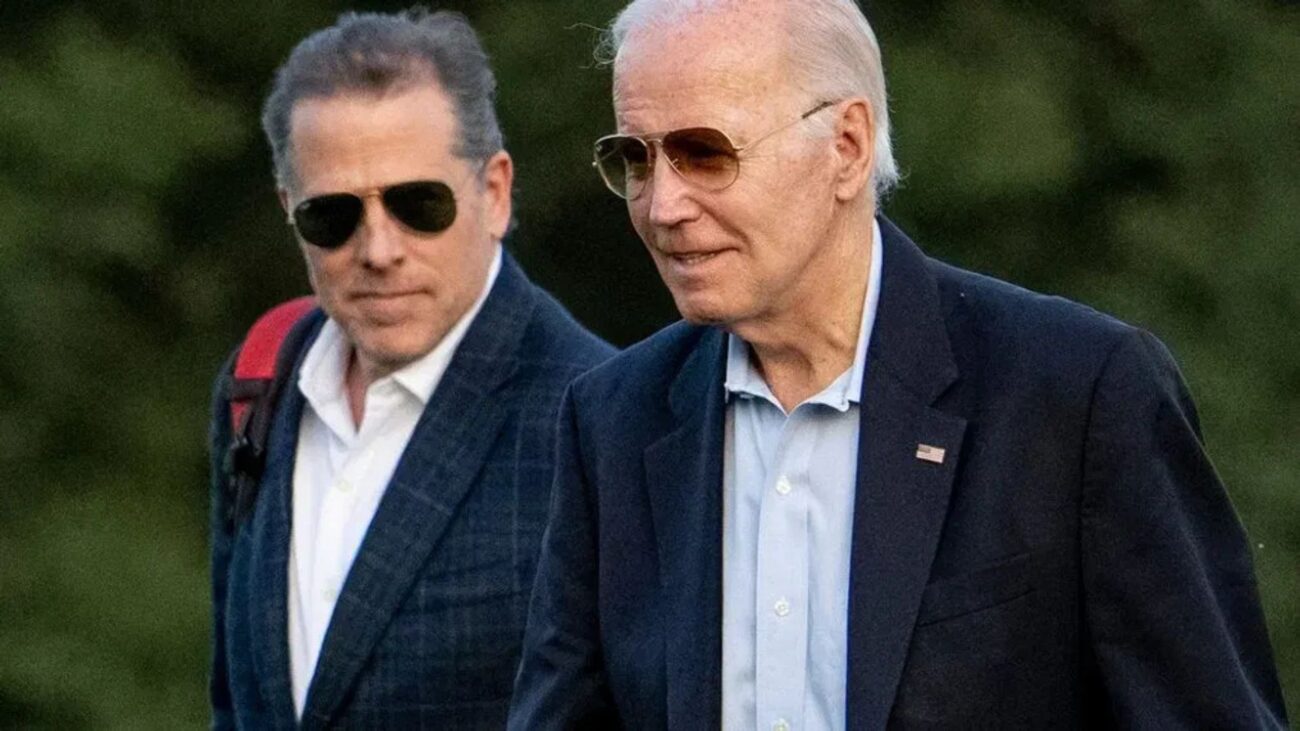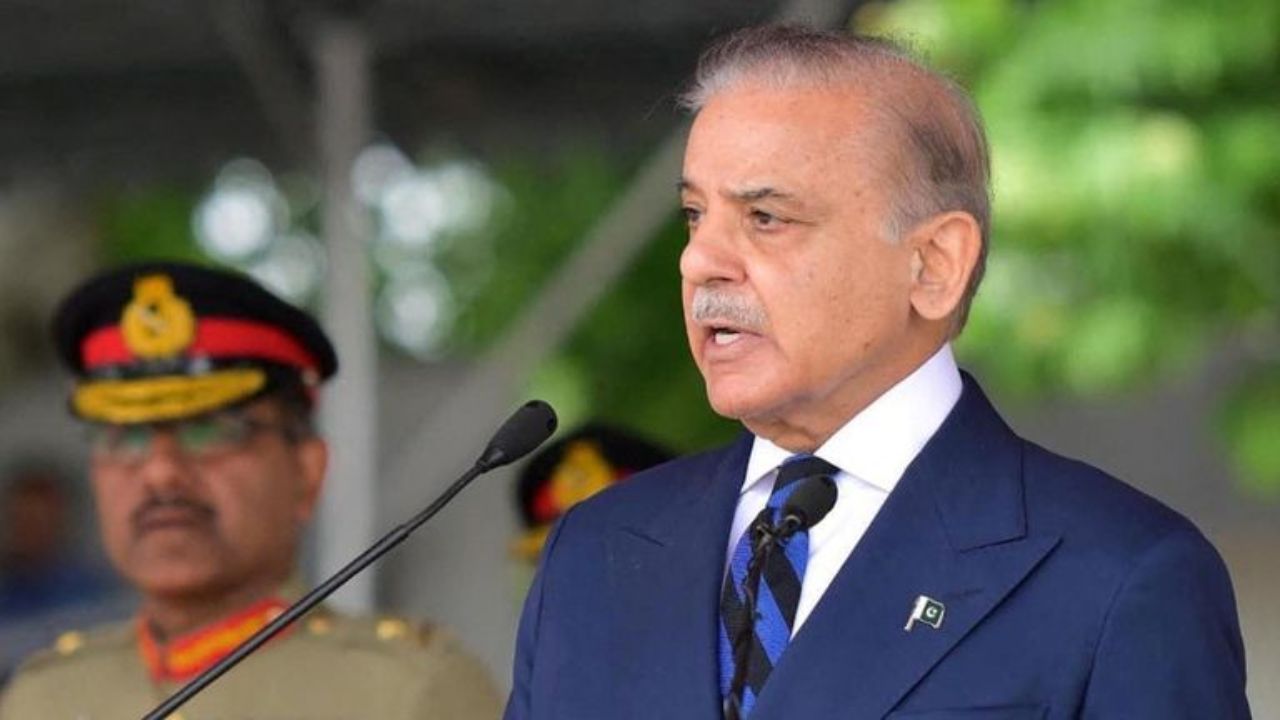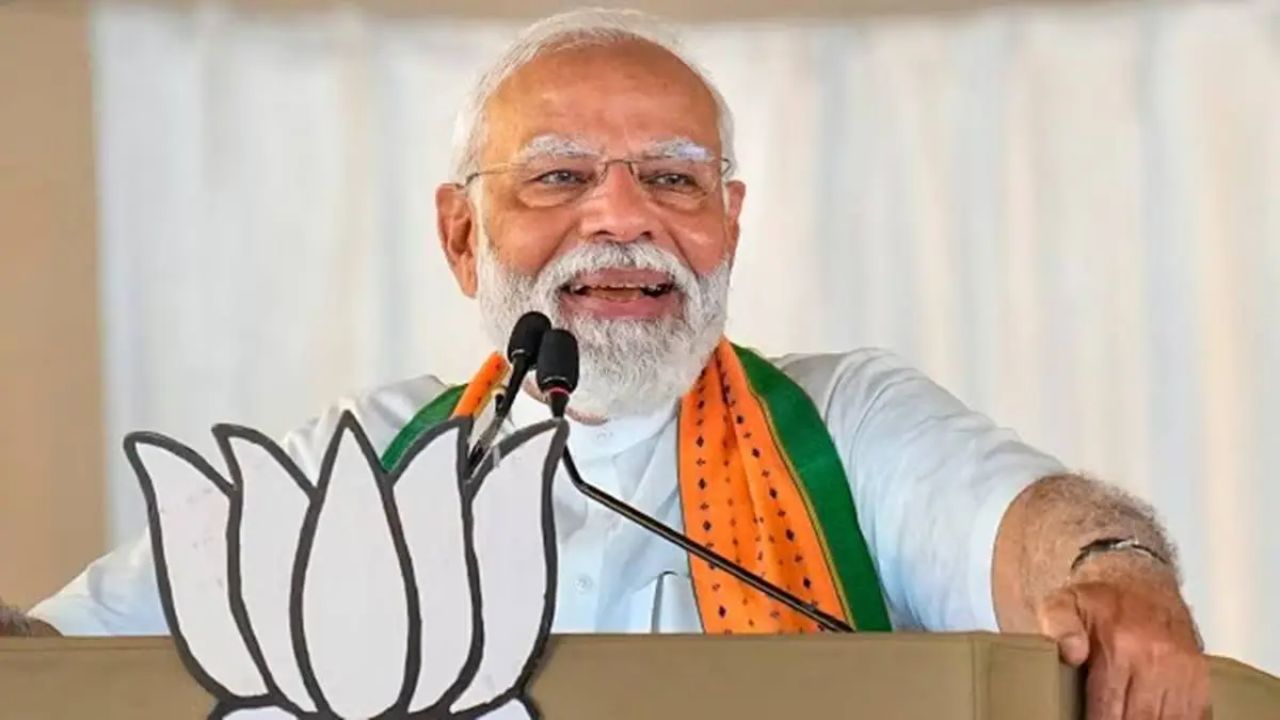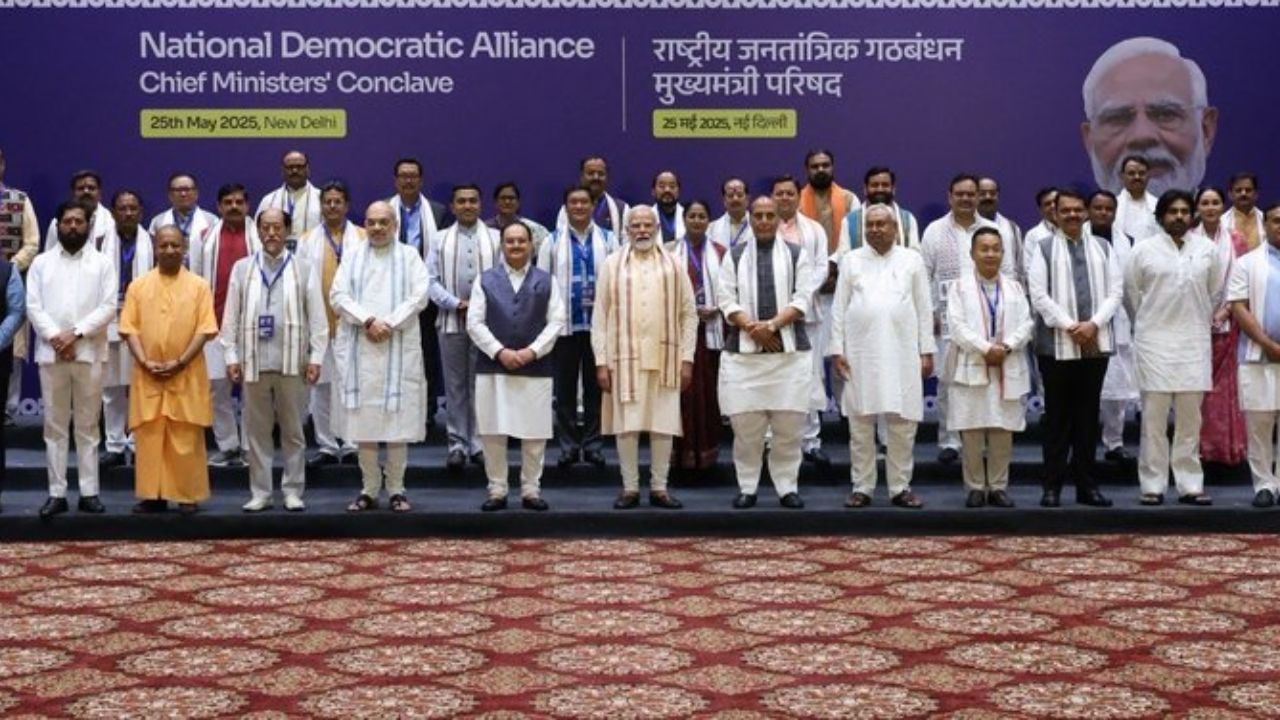Family Pardons in U.S. History: Trump, Clinton, and Carter’s Most Controversial Moves Before Biden
Richard Nixon Pardons His Associates Though not a direct family member, the case of Richard Nixon's pardon of his associates offers another notable example. After resigning from office in 1974 in the wake of the Watergate

Richard Nixon Pardons His Associates
Though not a direct family member, the case of Richard Nixon’s pardon of his associates offers another notable example. After resigning from office in 1974 in the wake of the Watergate scandal, Nixon was controversially pardoned by his successor, President Gerald Ford. Although Ford’s pardon of Nixon was not related to family, it was widely criticized as an attempt to prevent legal consequences for Nixon’s actions, including obstruction of justice, in the Watergate cover-up. This decision was seen as a political move, potentially aimed at healing the nation’s wounds post-Watergate but also sparking debates about the abuse of presidential power to shield family members and close associates.
George H. W. Bush Pardons Caspar Weinberger and Other Iran-Contra Figures
In 1992, President George H. W. Bush controversially pardoned six individuals involved in the Iran-Contra scandal, including former Secretary of Defense Caspar Weinberger. While not related by blood, these figures were politically close to Bush. They had been indicted for their roles in secretly facilitating the sale of arms to Iran and using the proceeds to fund Contra rebels in Nicaragua. Although none of the individuals involved were family members, the pardons generated significant debate over whether Bush had used his executive power to protect allies and associates in a politically motivated move.
George W. Bush Pardons Scooter Libby
In 2007, President George W. Bush granted me a commutation. Lewis “Scooter” Libby, a former White House aide, was convicted of perjury and obstruction of justice related to the Valerie Plame CIA leak case. Libby’s conviction was linked to the investigation of how Plame’s covert identity as a CIA operative was exposed, an incident connected to the political tensions surrounding the Iraq War. While not a direct family member, Libby was a close political ally of the Bush administration. This led to accusations that the commutation was an act of political favoritism, similar to family-related pardons. Though not as overtly as other examples, Libby’s case added to the ongoing debate over whether such pardons abuse presidential power.
The Controversy Continues
These instances underscore the recurring controversy over whether presidential pardons should be used to shield family members, political allies, or close associates from legal consequences. Critics argue that such pardons undermine the public trust in the justice system and suggest that the president’s ability to grant clemency is being used as a political tool or as a favor to those within the president’s inner circle.
As President Biden’s pardon of his son, Hunter Biden, draws increased attention, the scrutiny of these historical precedents may reignite questions about the ethics of using executive powers to intervene in legal matters involving family members. The debate over whether presidents should use their clemency powers to pardon family members or associates continues to be a significant issue in American politics, with legal scholars, politicians, and the public weighing in on whether such actions are a legitimate use of presidential power or an abuse of office.





